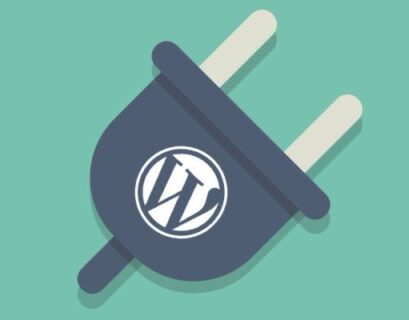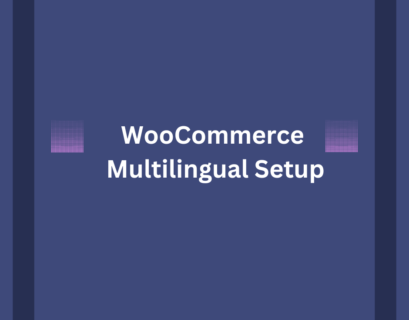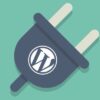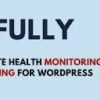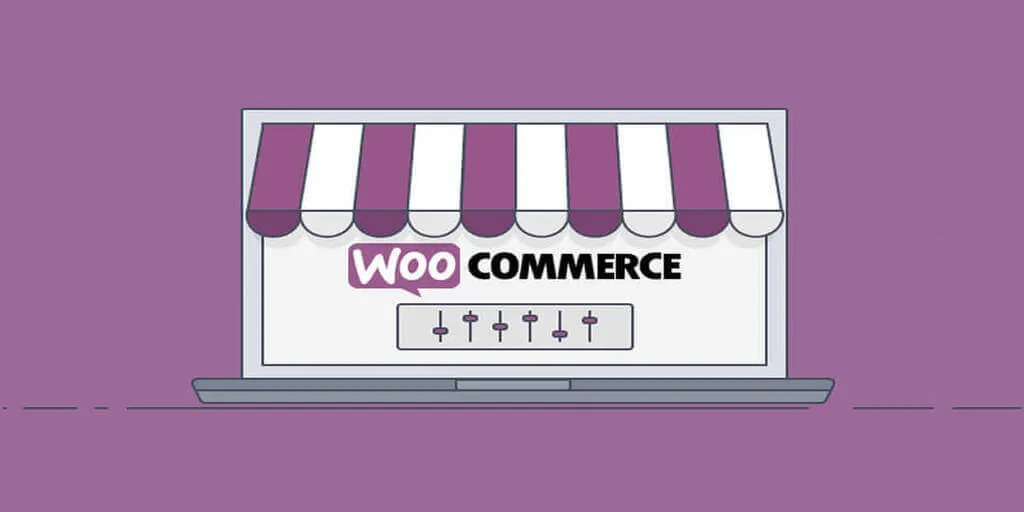
Maximizing Success: WooCommerce Product Page Optimization for Enhanced Sales and Conversions. In the bustling world of e-commerce, your product pages play a pivotal role in convincing potential customers to make a purchase. WooCommerce, a popular e-commerce platform for WordPress, provides a robust platform for setting up an online store, but the success of your store largely depends on how well you optimize your product pages.
https://www.godaddy.com/resources/skills/optimize-woocommerce-product-pages
In this comprehensive guide, we’ll delve into the art and science of WooCommerce product page optimization to help you boost sales, increase conversions, and provide an exceptional shopping experience for your customers.

The Significance of Product Page Optimization
Before we dive into the strategies and techniques for optimizing WooCommerce product pages, let’s understand why this aspect of your online store is so critical:
1. First Impressions Matter
Your product pages are often the first point of contact for potential customers. An optimized page not only grabs their attention but also conveys professionalism and trustworthiness.
2. Conversion Catalyst
Well-optimized product pages can significantly increase your conversion rates. When visitors find what they’re looking for quickly and easily, they’re more likely to complete the purchase.
3. Search Engine Visibility
Optimizing product pages also enhances their visibility in search engines. When your products rank higher in search results, you’ll attract more organic traffic.
4. User Experience (UX)
Optimized pages provide an excellent user experience. Shoppers can navigate, find information, and make decisions with ease, leading to higher customer satisfaction.
WooCommerce Product Page Optimization Strategies
Now, let’s explore some essential strategies for optimizing your WooCommerce product pages:

1. High-Quality Product Images
- 1.1. Use Multiple Images: Provide multiple high-resolution images from different angles to give customers a comprehensive view of the product.
- 1.2. Zoom Functionality: Implement a zoom feature that allows users to inspect product details more closely.
- 1.3. Image Compression: Optimize images for web performance to ensure fast loading times
2. Compelling Product Descriptions
- 2.1. Clear and Concise: Write concise, engaging, and informative product descriptions. Highlight key features and benefits.
- 2.2. Use Bullet Points: Break down product details into bullet points for easy scanning.
- 2.3. SEO Optimization: Incorporate relevant keywords in your descriptions to improve search engine ranking.
3. Customer Reviews and Ratings
- 3.1. Encourage Reviews: Prompt customers to leave reviews and ratings after making a purchase.
- 3.2. Display Reviews: Showcase reviews prominently on the product page to build trust.
4. Detailed Product Information
- 4.1. Size Charts: Include size charts, measurements, and specifications for clothing and accessories.
- 4.2. Product Variations: Clearly present product variations (e.g., size, color) and their availability.
- 4.3. Stock Availability: Display real-time stock availability to create a sense of urgency.
5. Add-to-Cart Optimization
- 5.1. Clear Call-to-Action: Make the “Add to Cart” button visually prominent and easy to find.
- 5.2. Quantity Selector: Include an option for customers to choose the quantity they want to purchase.
- 5.3. Cross-Sell and Upsell: Suggest related products or accessories to encourage customers to buy more.
6. Mobile Responsiveness
- 6.1. Ensure that your product pages are fully responsive and optimized for mobile devices.
7. Page Speed Optimization
- 7.1. Optimize your product pages for speed by compressing images, minimizing code, and using caching plugins.
8. Security and Trust Signals
- 8.1. Display trust badges, SSL certificates, and secure payment logos to assure customers of their data’s safety.
9. Social Sharing Buttons
- 9.1. Include social sharing buttons to encourage customers to share your products with their networks.
10. User-Generated Content
- 10.1. Showcase user-generated content, such as customer photos and testimonials, to build credibility.
Testing and Iteration
Optimizing your WooCommerce product pages is an ongoing process. After implementing changes, it’s essential to monitor your pages’ performance and make iterative improvements based on data and user feedback. Consider conducting A/B tests to determine which elements are most effective in driving conversions.




